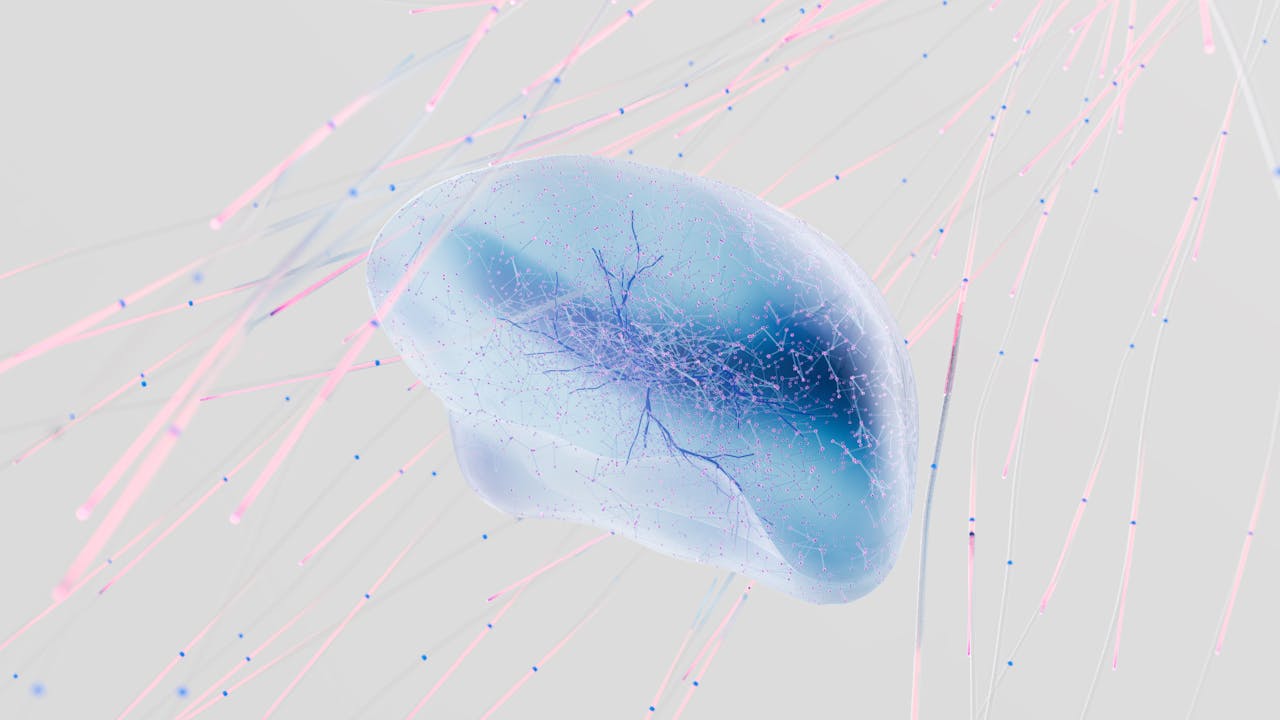Mental Health
Brain Training Works for the Particular Task at Hand
Brain training, which is a relatively new category of games that people can play in order to improve cognitive functions, has recently gotten very popular. New brain training websites and phone apps are filled with exercises that require people to use their brains to solve simple problems. In a new study, researchers from the University of Oregon examined the effectiveness of these brain-training games. They concluded that brain training works for the particular task at hand. However, the benefits from training in one task might not necessarily carry over to another kind of challenge.
For this research, professor Elliot T. Berkman from the Department of Psychology at the University of Oregon worked with colleagues to study the brain's inhibitory control. They recruited 60 adults, 27 were men and 33 were women, between the ages of 18 and 30 to participate in a three-phase study. The participants carried out their tasks every other day for three weeks. The researchers used functional magnetic resonance imaging (fMRI) to monitor any changes in the participants' brain activity.
Around half of the participants were assigned to the experimental group, in which they were given a task that models inhibitory control. This type of task measures inhibitory control by using a stop-and-go model. The participants were given a "go" signal, which was in the form of an arrow that either pointed left or right. When the arrow showed up, the participants had to press the button that corresponded to the direction of the arrow. In a quarter of the trials, the researchers played a beep noise after the arrow appeared, which instructed the participants to avoid touching the button. The other group of participants took part in another task that did not measure inhibitory control.
The researchers found that for the experimental group, their brains revealed changes in three regions. The researchers theorized that the task improved the participants' emotional regulation due to a reduction in distress and frustration after getting better and better at the task.
"With training, the brain activity became linked to specific cues that predicted when inhibitory control might be needed," Berkman said according to a press release. "This result is important because it explains how brain training improves performance on a given task -- and also why the performance boost doesn't generalize beyond that task."
"Researchers at the University of Oregon are using tools and technologies to shed new light on important mechanisms of cognitive functioning such as executive control," said Kimberly Andrews Espy, vice president for research and innovation and dean of the UO Graduate School. "This revealing study on brain training by Dr. Berkman and his team furthers our understanding of inhibitory control and may lead to the design of better prevention tools to promote mental health."
The study was published in the Journal of Neuroscience.









Join the Conversation